I can't seem to figure this one out. My program compiles and runs successfully, but during debugging only it pops up a message box saying "Invalid Pointer Operation" when shutting the program down. I have painstakingly checked all the FormCloseQuery and FormDestory events for any syntax or logical error. I found none and they execute as expected without any error.

When I do tell the compiler to break at Invalid Pointer Operation error, it doesn't do anything but hangs up the program. At which point, I had to terminate or kill the process.
How do you figure this one out?
Thanks in advance,